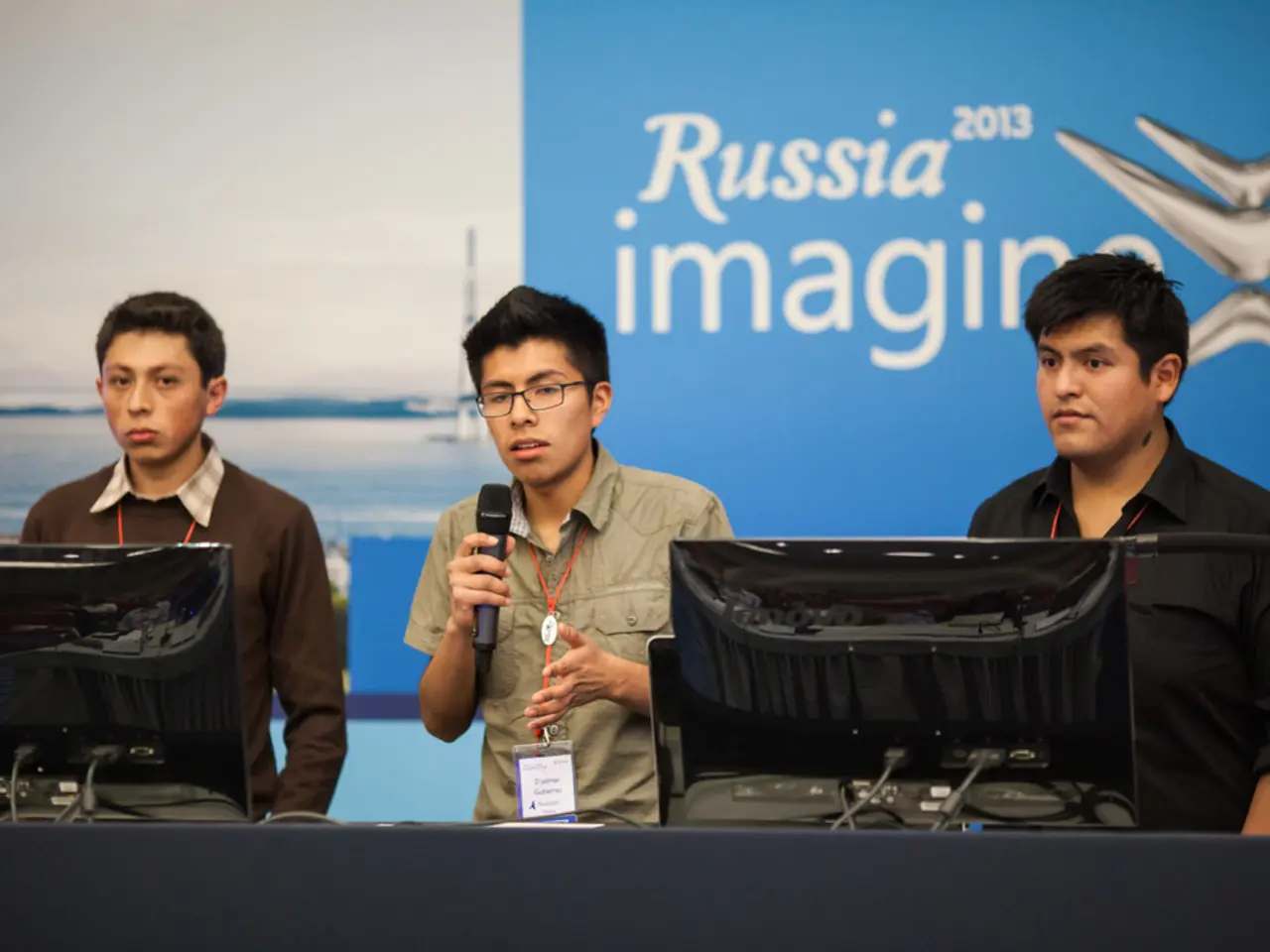Trump's Announced Plans for Increased Customs Duties
The ongoing trade negotiations between the United States and the European Union have taken a turn, with technology regulations emerging as a key point of contention. President Donald Trump announced on Truth Social that countries with digital taxes, legislation, rules, or regulations will face substantial additional tariffs from the United States. This tariff threat, though not explicitly named, seems to target the European Union, as it is the most prominent region with such regulations. The European Union's tech regulations, however, are nonnegotiable, according to claims. This stance has been further illustrated by the EU's Digital Markets Act (DMA) and Digital Services Act (DSA), which push a 'big is bad' doctrine aimed at punishing American firms. The DMA defines so-called 'gatekeeper' companies as very large online platforms and search engines. Five of these gatekeepers, including Alphabet, Amazon, Apple, Meta, and Microsoft, are based in the United States. The EU's DSA, on the other hand, focuses on holding digital service providers accountable for harmful content and disinformation. The U.S. tech sector is also expanding in space. Starlink, a division of SpaceX, already operates 8,000 satellites, and Amazon's Project Kuiper intends to launch more than 3,200 advanced low-earth orbit satellites. These numbers exceed the EU's giga-constellation threshold, as defined by the EU Space Act, which subjects any set of 1,000 or more operational spacecraft to special regulatory burdens. In contrast, Europe's space ventures, such as OneWeb and IRIS, are relatively small, with OneWeb expected to 'top out at under 1,000' satellites and IRIS including less than 290. The détente between the U.S. and EU was fleeting, as the most pressing issues in the trade relationship were left unresolved. The European Union has already backtracked once, agreeing to lopsided tariff rates. Logan Kolas, the Director of Technology Policy at the American Consumer Institute, a nonprofit education and research organization, suggests that the Trump administration should reenter trade negotiations with Europe and focus on technology protectionism to lower barriers on both sides of the Atlantic. In a bid to foster cooperation, the U.S. and EU signed a joint statement promising to enhance opportunities for technical cooperation on identifying and developing standards for the transatlantic marketplace. However, the ongoing negotiations have not yet resulted in a resolution regarding technology regulations. As the trade negotiations continue, it remains to be seen how the U.S. and EU will navigate the complexities of technology regulations and protect their respective industries.
Read also:
- Musk threatens Apple with litigation amidst increasing conflict surrounding Altman's OpenAI endeavor
- Transitioning to Electric Vehicles Places Heavy Demand on Power Grids
- E-mobility continues its progress after a decade since the scandal, staying on course
- The Commission deems the assistance program to be in agreement with the domestic market regulations.




